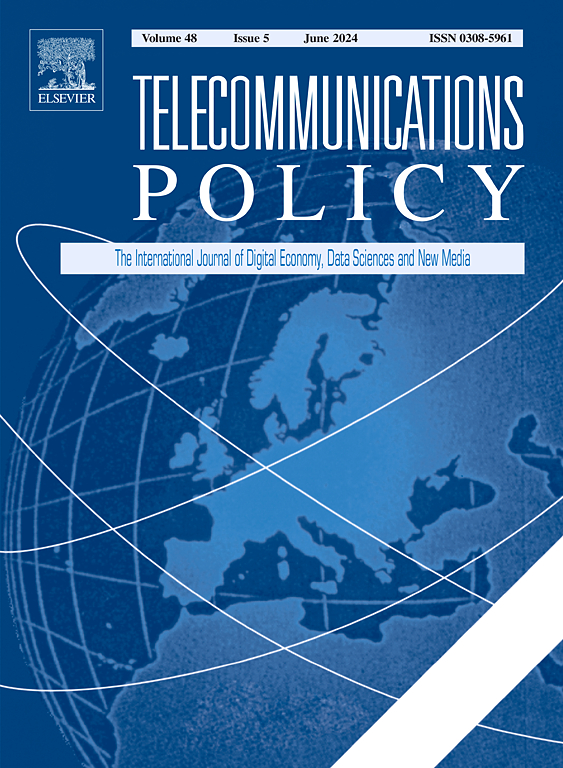内容排名算法在人工智能风险中的地位
IF 5.9
2区 管理学
Q1 COMMUNICATION
引用次数: 0
摘要
本文讨论了内容排名算法在《人工智能法》中的定位。它试图回答这样一个问题:内容排名算法是否可以算作该法案下的高风险系统?它探讨了日后通过委员会行动纳入高风险系统名单的可能性。然后,文章将高风险系统的预期义务与《数字服务法》规定的义务进行了比较。文章提出的论点是,由于内容排名算法对民主公共讨论的影响,因此间接影响到民主,因此应该对其进行严格的道德要求。本文章由计算机程序翻译,如有差异,请以英文原文为准。
The place of content ranking algorithms on the AI risk spectrum
This article discusses how content ranking algorithms are positioned within the AI Act. It seeks an answer the quesetion whether content ranking algorithms could count as high-risk systems under the Act? It examines the possibility of later inclusion into the list of high-risk systems by Commission action. Then, it compares the envisioned obligations of high-risk systems with those provided by the Digital Services Act. The article puts forward arguments that content ranking algorithms should be subjected to strict ethical requirements due to their impact on the democratic public discourse, and therefore indirectly, democracy.
求助全文
通过发布文献求助,成功后即可免费获取论文全文。
去求助
来源期刊

Telecommunications Policy
工程技术-电信学
CiteScore
10.80
自引率
12.50%
发文量
122
审稿时长
38 days
期刊介绍:
Telecommunications Policy is concerned with the impact of digitalization in the economy and society. The journal is multidisciplinary, encompassing conceptual, theoretical and empirical studies, quantitative as well as qualitative. The scope includes policy, regulation, and governance; big data, artificial intelligence and data science; new and traditional sectors encompassing new media and the platform economy; management, entrepreneurship, innovation and use. Contributions may explore these topics at national, regional and international levels, including issues confronting both developed and developing countries. The papers accepted by the journal meet high standards of analytical rigor and policy relevance.
 求助内容:
求助内容: 应助结果提醒方式:
应助结果提醒方式:


